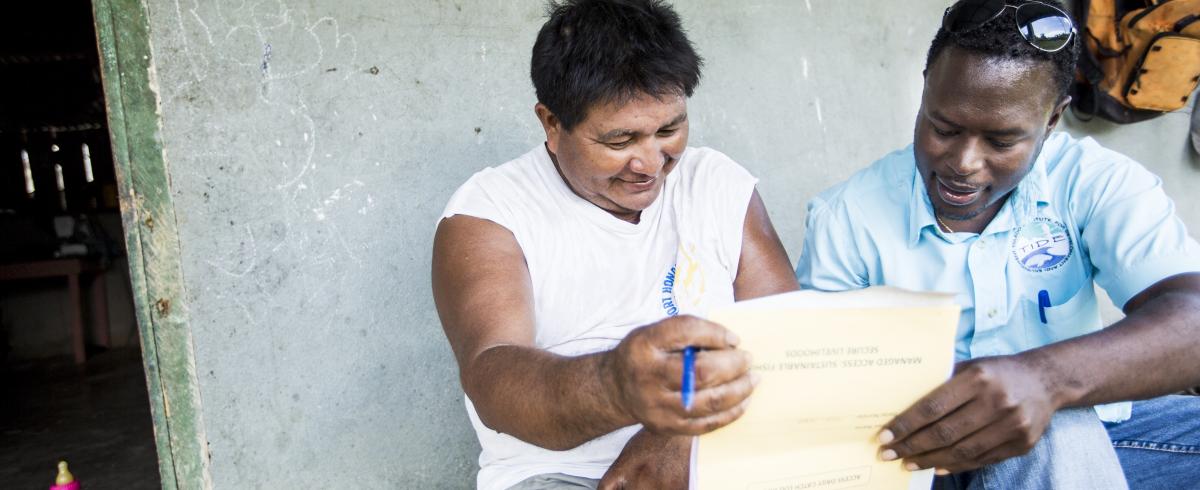Piloto para incrementar el valor de la pesquería de merluza del norte del Golfo de California
Este piloto parte de la premisa que al mejorar el manejo post-captura de la merluza del Golfo de California es posible incrementar la calidad del producto. Con ello, se podrían obtener mejores márgenes de utilidad para las y los integrantes de la cadena de valor (i.e., producción, transformación y comercialización) de esta especie.

